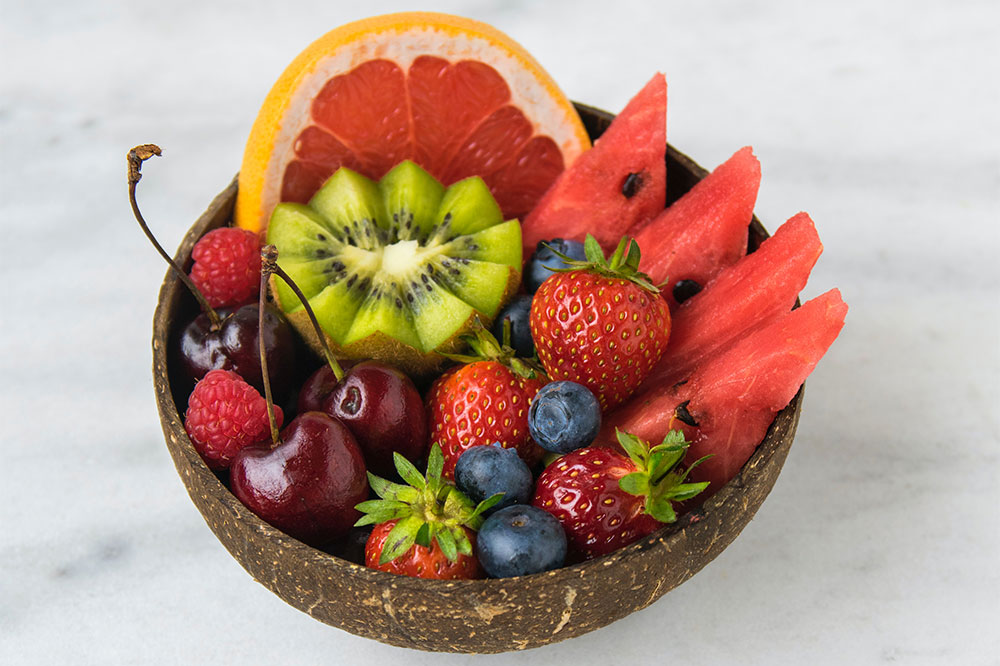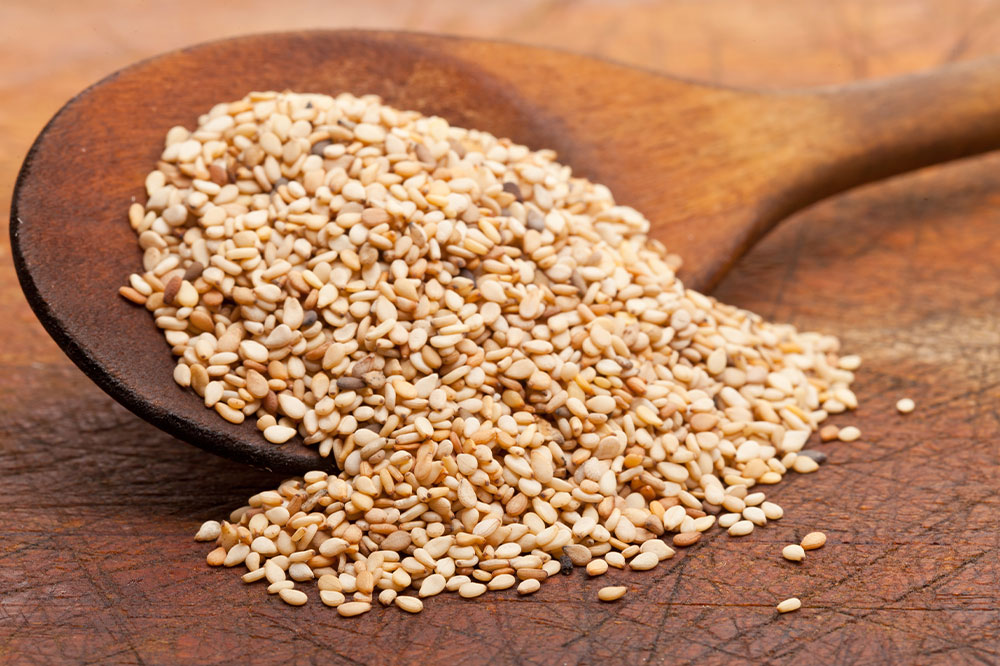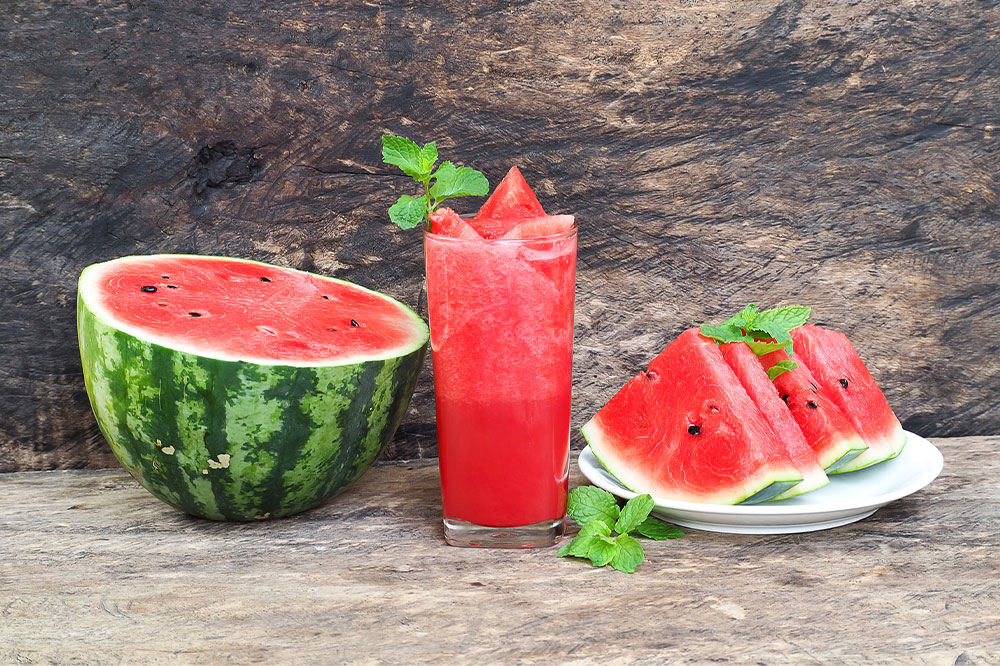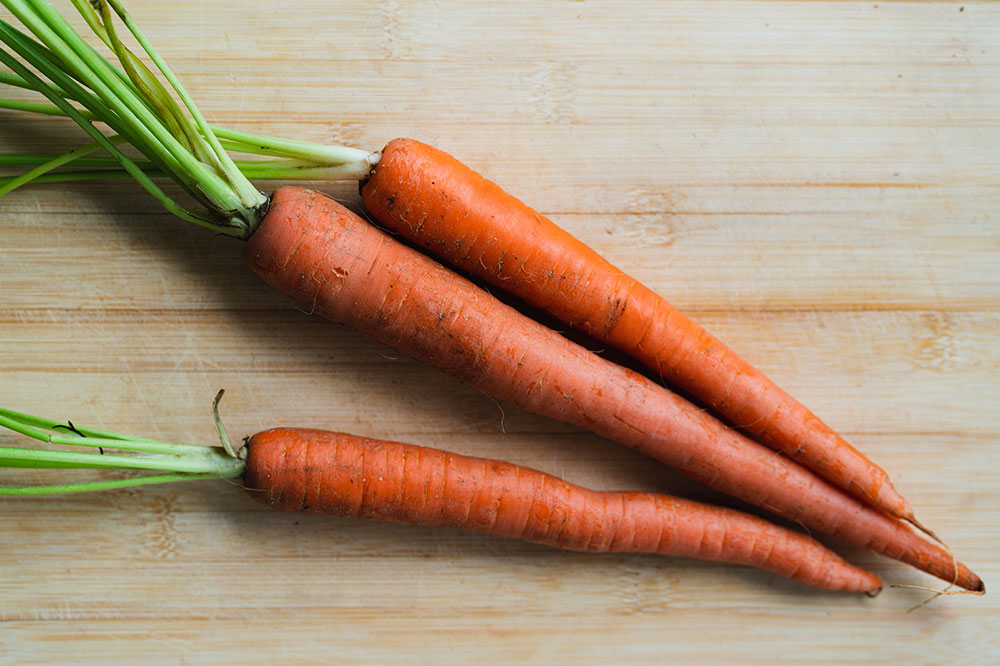Comprehensive Guide to Heart-Healthy Foods for Optimal Cardiovascular Wellness
Discover a comprehensive guide to heart-healthy foods that can improve cardiovascular health, reduce disease risk, and promote overall well-being. Learn about the best foods like salmon, nuts, berries, and vegetables, and how to incorporate them into your daily diet for a healthier heart.

Comprehensive Guide to Heart-Healthy Foods for Optimal Cardiovascular Wellness
The human heart is an extraordinary muscle that tirelessly works to sustain life by pumping blood through the body's extensive network of arteries and veins. Since birth, it is imperative to maintain the health of this vital organ to ensure a long, active, and healthy life. A well-balanced, nutrient-rich diet plays an essential role in supporting cardiovascular health, reducing risks of heart disease, and promoting overall well-being. Conversely, consuming foods high in unhealthy fats, trans fats, excessive cholesterol, and engaging in habits like smoking or heavy alcohol consumption substantially increases the risk of cardiovascular issues.
In today’s health-conscious society, understanding which foods promote heart health is crucial. Incorporating specific nutrient-dense foods into your daily diet can significantly improve your heart's function, lower blood pressure, reduce cholesterol levels, and prevent the development of heart-related conditions. Here is a comprehensive overview of the most effective and beneficial heart-healthy foods, along with practical tips on how to include them in your meals.
Wild Salmon
One of the most well-known superfoods for heart health, wild salmon is exceptionally rich in omega-3 fatty acids. These essential fats are renowned for their ability to reduce inflammation, lower triglycerides, and decrease the risk of arrhythmias, which are irregular heartbeats that can lead to sudden cardiac events. Regular consumption of wild salmon, whether baked, grilled, or poached, can significantly support metabolic health and promote a healthier cardiovascular system. Additionally, salmon contains selenium, a powerful antioxidant that combats oxidative stress, further protecting the heart from damage.
Incorporating wild salmon into your weekly diet—aiming for at least two servings—is an excellent strategy to enhance heart health and enjoy a delicious meal.
Sardines
Sardines are small, oily fish packed with an impressive concentration of omega-3 fatty acids. They contribute to improving HDL (good) cholesterol levels, reducing inflammation, and decreasing the likelihood of heart attacks, especially in individuals with pre-existing cardiovascular conditions. Fresh sardines are preferable over canned versions for maximum nutritional benefits, but high-quality canned sardines can still be a convenient and healthful option.
Adding sardines to salads, whole-grain crackers, or enjoying them straight from the can can be an easy way to enhance your diet’s heart-protective nutrients.
Walnuts
Walnuts stand out as a powerhouse nut loaded with omega-3 fatty acids, dietary fiber, vitamin E, and folate. These nutrients work synergistically to improve endothelial function, lower blood pressure, and reduce inflammation—key factors in maintaining a healthy heart. Eating a handful of unsalted walnuts each day can provide lasting benefits for cardiovascular health, especially useful for those managing diabetes or high cholesterol levels.
To maximize health benefits, opt for raw, unsalted walnuts and incorporate them into oatmeal, yogurt, salads, or snack on them directly.
Almonds
Similar to walnuts, almonds contain healthy monounsaturated fats, fiber, magnesium, and vitamin E—all of which contribute to reducing LDL (bad) cholesterol. Their crunchy texture makes them a satisfying snack option, and they can be added to various dishes like smoothies and salads. Choosing raw, unsalted, and butter-free almonds ensures that you benefit from their full heart-healthy potential without added processed fats or salt.
Including almonds in your diet regularly can support vascular health and aid in weight management, further safeguarding your heart.
Chia Seeds
Chia seeds are tiny but mighty, providing approximately 60 calories per tablespoon filled with omega-3 fatty acids, fiber, and antioxidants. Their versatility allows them to be easily incorporated into a variety of foods—add to smoothies, sprinkle over oatmeal, or mix into baked goods—without altering taste or texture. Their high fiber content aids in lowering cholesterol levels and promoting healthy digestion, both of which are vital for heart health.
Consuming just one spoonful daily can contribute significantly to your cardiovascular wellness over time.
Oatmeal
Oatmeal is an excellent dietary staple for reducing bad cholesterol levels due to its soluble fiber content called beta-glucan. For maximum benefits, opt for plain, unflavored rolled oats or steel-cut oats, avoiding instant or flavored variants laden with sugars and artificial additives. Regular oatmeal consumption can help maintain healthy blood pressure and improve vascular function, supporting long-term heart health.
Add fresh fruit or nuts for extra flavor and nutritional value, turning a simple breakfast into a heart-healthy meal.
Blueberries
Blueberries are rich in resveratrol and anthocyanins—powerful antioxidants that help protect blood vessels from oxidative damage, reduce inflammation, and improve endothelial function. Consuming blueberries regularly, whether in oatmeal, smoothies, or plain as a snack, can help prevent coronary artery disease and promote overall cardiovascular health. Their natural sweetness makes them an appealing addition to many dishes, providing both health benefits and flavor.
Dark Chocolate
In moderation, dark chocolate—preferably with at least 70% cocoa content—can provide cardiovascular benefits by improving blood flow, lowering blood pressure, and reducing stress-related hormone levels. The high cocoa content offers flavonoids that promote nitric oxide production, leading to vasodilation. It is crucial to choose varieties free from trans fats, artificial flavors, and palm oil to fully enjoy their heart health advantages.
Enjoy a small piece as part of a balanced diet or incorporate into desserts carefully to reap the benefits without excess sugar intake.
Raisins
Raisins are a convenient and sweet snack loaded with potassium, antioxidants, and dietary fiber. The potassium content helps lower high blood pressure by counteracting sodium’s effects. Their antioxidant properties strengthen the immune system and reduce oxidative stress, which are vital in preventing cardiovascular disease. Just a handful daily can make a positive difference in overall heart health.
Incorporate raisins into cereals, salads, or eat them alone for a quick, nutritious boost.
Broccoli
Broccoli is a cruciferous vegetable packed with fiber, antioxidants, vitamins, and minerals. Its high content of phytochemicals helps combat inflammation and reduces the formation of plaque in arteries. Regular consumption of broccoli has been linked to improved lipid profiles and reduced cholesterol levels, supporting cardiovascular health across various age groups.
Steam, roast, or include broccoli in soups and stir-fries to enjoy its benefits in numerous delicious ways.
Brussels Sprouts
Brussels sprouts contain compounds that help reduce inflammation and support vascular health. Their antioxidant properties can prevent oxidative damage to blood vessels, reducing the risk of atherosclerosis. Including Brussels sprouts in your diet 2-3 times weekly can enhance your body's defenses against heart disease.
Enjoy them roasted, steamed, or sautéed with minimal added fats to preserve their health-promoting qualities.
Cauliflower
Cauliflower is a versatile vegetable rich in antioxidants, fiber, and allicin—an active compound similar to garlic. Allicin has been shown to help lower cholesterol levels and prevent blood clots, thereby reducing the risk of heart attack and stroke. Its low-calorie profile makes it suitable for weight management, indirectly supporting heart health by maintaining a healthy weight.
Use cauliflower as a rice substitute, in salads, or roasted to incorporate its health benefits into everyday meals.
Yams
Yams are a nutrient-dense root vegetable high in vitamin C, potassium, iron, and fiber. They are effective in lowering blood pressure and promoting healthy blood flow. Keeping the skin intact enhances nutrient absorption and benefits cardiovascular health, thanks to the increased fiber and antioxidant contents.
Enjoy yams baked, boiled, or mashed as part of a balanced diet for better heart health.
Whole Grains
Unrefined whole grains such as oats, barley, and quinoa are rich in dietary fiber, vitamins, and minerals. They help reduce cholesterol, stabilize blood sugar, and support vascular health. Avoid refined grains like white rice or white bread that can contribute to artery clogging. Focus on incorporating heart-friendly whole grains into your daily meals as a primary carbohydrate source.
Moreover, choose products labeled as 100% whole grain to maximize their cardiovascular benefits.
Apples
Apples are an excellent source of pectin—a soluble fiber that binds cholesterol in the digestive system and helps remove it from the body. Eating apples whole, especially with the peels intact, supports cleansing arteries and maintains healthy cholesterol levels. Their natural antioxidants also combat oxidative stress, safeguarding your heart from damage.
Enjoy apples as a snack, in salads, or as part of your breakfast to harness their full heart-protective properties.
Oranges
Oranges are loaded with flavonoids, hesperidin, and vitamin C, all of which promote heart health by lowering blood pressure, reducing inflammation, and improving blood vessel elasticity. Regular citrus intake is associated with decreased risk of cardiovascular disease. Including oranges and other citrus fruits in your diet provides a delicious and effective way to support your heart’s health.
Consume fresh oranges, juice in moderation, or include other citrus fruits in your diet for optimal heart benefits.
In summary, constructing a diet rich in these heart-friendly foods, balanced with healthy carbohydrates, lean proteins, and beneficial fats, can considerably reduce the risk of cardiovascular disease. Prioritizing whole, minimally processed foods, and maintaining a lifestyle that includes regular physical activity and avoiding harmful habits are critical steps toward lifelong heart health. Incorporate these foods into your daily routine to enjoy a healthier, more vibrant life with a resilient cardiovascular system.





